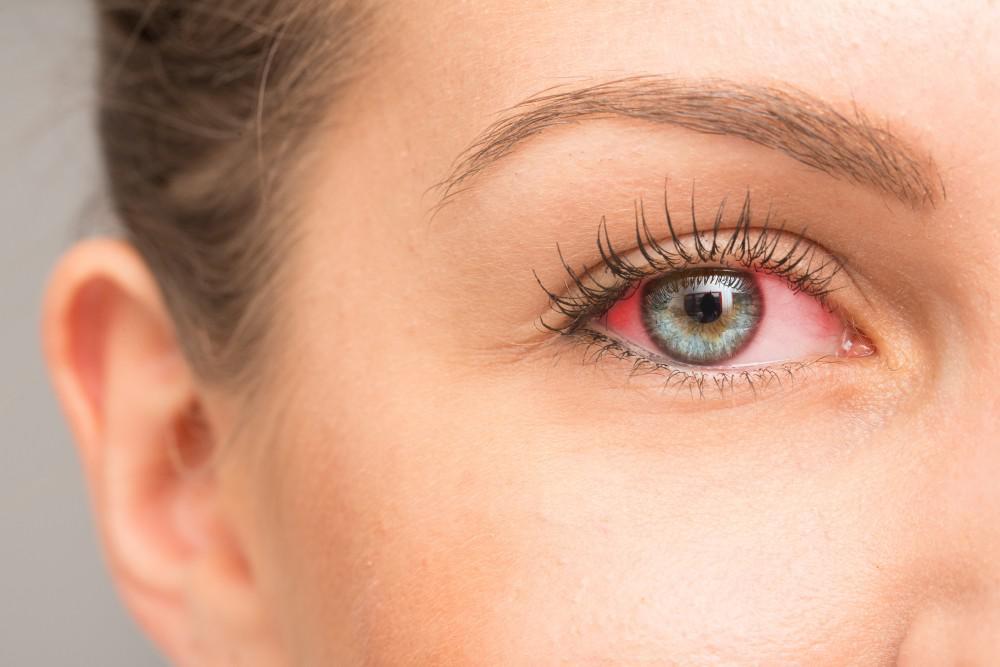
Does the arrival of winter weather also bring red, itchy eyes? If you notice that your eyes get uncomfortable as the weather turns cold, it could be chronic dry eye, a condition that affects millions of Americans.
Dry eye develops when your eyes can’t maintain a healthy tear film. It’s common all year round, but cooler, drier air in the winter can exacerbate symptoms. If your eyes can’t make enough tears, or they evaporate too quickly, you’re left with dry and itchy eyes.
The good news is that the changing of seasons doesn’t have to mean suffering eye discomfort. Our ophthalmology and optometry team at Pacific Eye specializes in diagnosing and treating dry eye. Learn how to beat your winter dry eye with these tips.
Keep lubricating eye drops on hand
Your eyes need tears to stay moist and comfortable. Tears are made up of a balance of mucus, water, and oil, and they protect and nourish the surface of your eyes. If you’re bothered by dry eye, it means something isn’t right with your tear film.
Over-the-counter eye drops can simulate tear film, moisturizing eyes and offering relief from mild dry eye symptoms. These eye drops are specially formulated to supplement your natural tear film, and you can generally use them whenever your eyes are feeling itchy or irritated.
Always use these lubricating eye drops as directed on the product’s packaging. For recommendations about the best type of eye drops for your symptoms, make an appointment with our team.
Use a humidifier in your home
Cold winter air is notoriously dry, while indoor heating can also sap moisture from your body and make those dry eye symptoms worse. Because a humidifier reintroduces moisture into the air, it can minimize eye discomfort.
Consider placing a humidifier in your bedroom, living room, or other rooms where you’re spending a lot of time. Moist air can make eyes more comfortable because it’s less likely to cause dryness and irritation.
Soothe eyes with warm compresses
If your eyes are particularly dry and uncomfortable, some simple at-home care, like a warm compress, can temporarily relieve irritation and inflammation associated with dry eye.
Wet a clean washcloth with warm (not hot) water and place it gently over your eyes. Rest for about five minutes, then remove the cloth. Warmth helps stimulate tear production, which cleanses eyes from allergens and other debris that might be making your eye symptoms worse.
Visit your eye doctor for dry eye care
When eye drops and at-home remedies aren’t enough, it’s time to make an appointment with your Pacific Eye doctor. It’s possible that your dry eye symptoms are caused by more than dry winter air, and our team offers a range of treatment options to make your eyes more comfortable.
Medications, either as tear-simulating eye drops or an anti-inflammatory, can treat the underlying cause of your dry eye symptoms. LipiFlow® is a soothing, in-office procedure that clears blocked oil glands to rebalance and improve the quality of your tears.
If your dry eye is caused by tears evaporating too quickly, we may recommend tear duct plugs. These plugs help keep tears on the surface of your eye longer, which can keep eyes moist and more comfortable.
Don’t let dry eye stop you from enjoying the winter season. Call the Pacific Eye location nearest you in San Luis Obispo and Santa Barbara counties or request an eye exam online to get started finding the right dry eye treatment for you.







